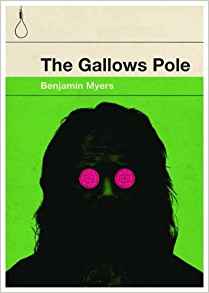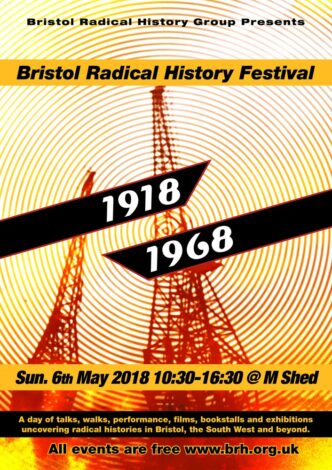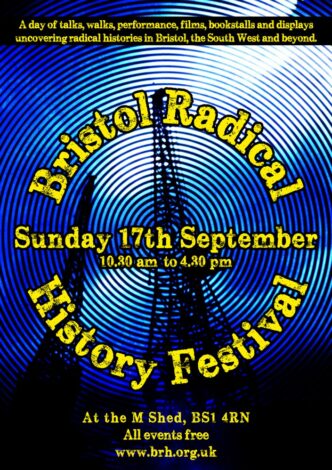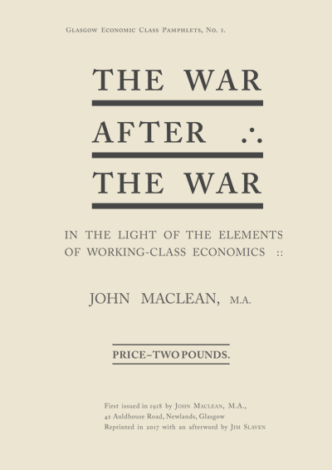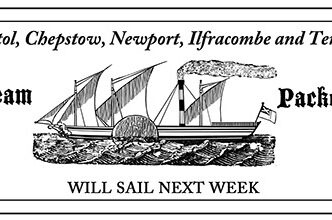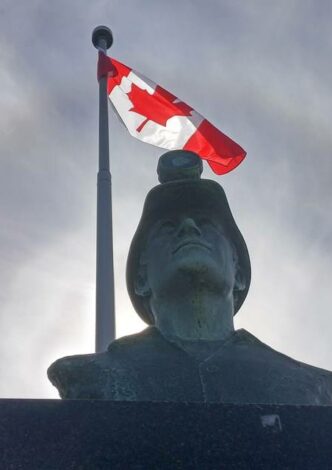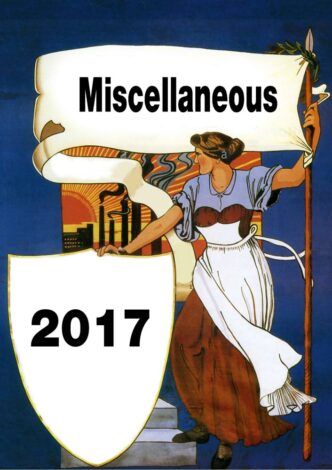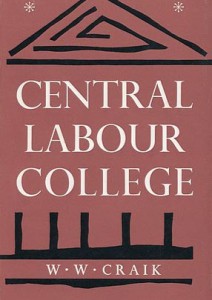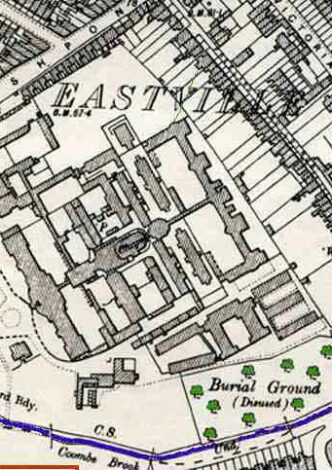The Gallows Pole
By Benjamin Myers
The Gallows Pole is a wonderful novel set in 18th Century Yorkshire. It is based on a true story about the Craggs Vale Coiners. Coiners clipped coins. If you look at your £1 coin, you will see the rim is serrated. This is due to the age old crime of clipping. Back in the day, silver and gold coins were actually made of the precious metal. Coiners were engaged in slightly clipping the edges off, melting the scrapings and re-pressing coins. These would then be circulated. Nowadays, the Bank of […]


